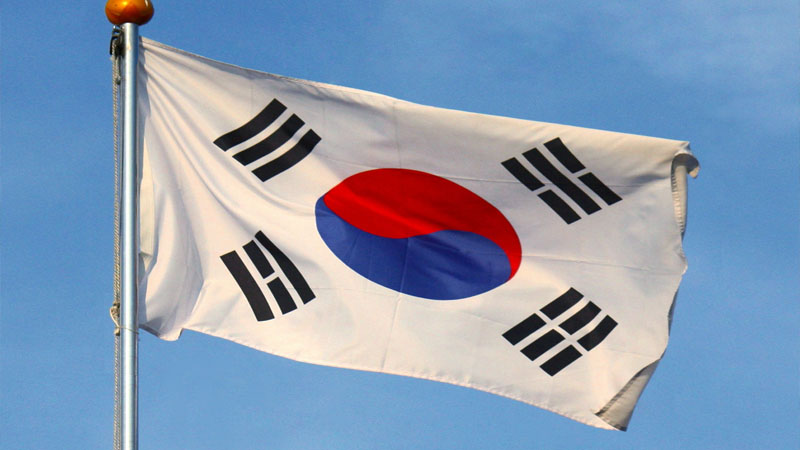Exclusive content

Honduras is on the brink of a culinary export renaissance, particularly in the realm of shrimp production. As South Korea emerges as a promising market, the country’s authorities are optimistic about capitalizing on this opportunity. Fredis Cerrato, head of the Secretariat of Economic Development, highlights the strategic importance of exporting both shrimp and melon to South Korea, which presents a lifeline for sectors that have encountered challenges in broader markets.
A Successful Track Record
Cerrato’s confidence is built on Honduras’ existing export success, which includes a strong presence in Europe, the United States, and authorized access to markets in China and Japan. This impressive portfolio serves as a testament to the high sanitary standards of Honduran shrimp, offering a solid foundation for venturing into South Korean waters. “Our shrimp has the sanitary conditions for us to be able to export it,” Cerrato affirmed, indicating readiness to broaden the reach of one of the country’s staple seafood products.
While melons have struggled to gain traction in foreign markets, shrimp represents a more stable ticket for Honduran exporters. With targeted investments and strategic marketing, the potential for shrimp exports to flourish in South Korea appears promising. This shift could play an essential role in mitigating the challenges faced by the melon sector, supporting the island’s agricultural landscape.
The Economic Imperative
Economist Martín Barahona weighed in on the significant economic implications of bolstering exports, asserting that enhancing the shrimp trade could infuse an additional USD 600 million into Honduras’s economy. This figure represents the balance to be struck against the backdrop of current foreign exchange challenges, marked by a persistent outflow exceeding inflows. “Strengthening exports will be crucial to improving the income of foreign currency to the country,” Barahona stated, underscoring the urgency of this strategic pivot.
As the Honduran government prepares to leverage the burgeoning interest in South Korean markets, Cerrato advocates for an essential state-business partnership. Such alliances are pivotal for showcasing the quality and potential of Honduran products on the global stage. A concerted effort to enhance visibility may not only benefit shrimp but also other products, including coffee, which has already been received favorably in South Korea.